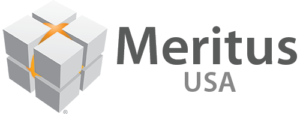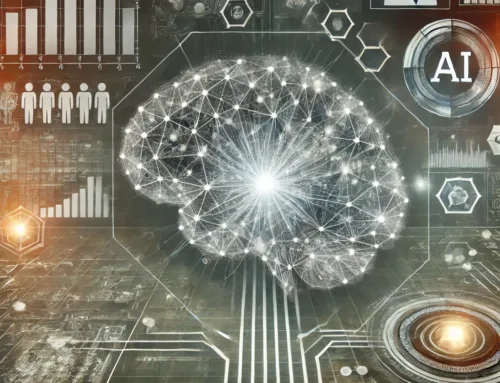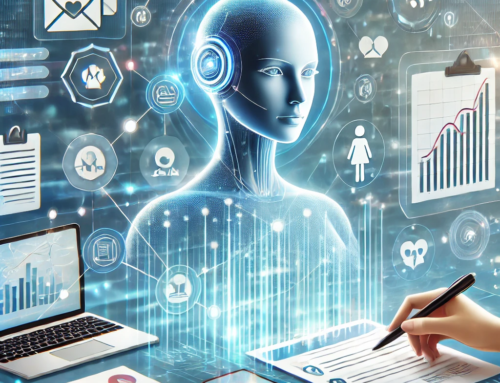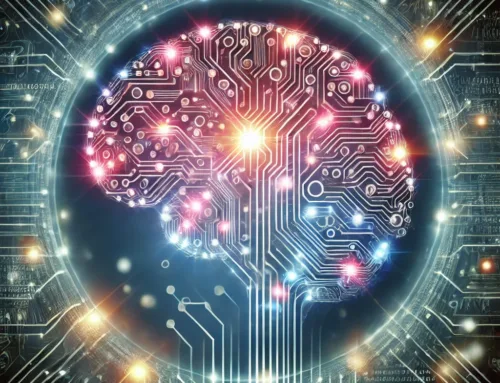Generative AI, particularly ChatGPT, became viable for corporations with the release of GPT-4 just a few months ago. This breakthrough can have a significant impact on business operations, and companies should encourage the adoption of an AI assistant by each employee.
Initially, employees will explore fun tasks with generative AI, and will gain proficiency in prompting and understanding the types of requests that ChatGPT handles well (and those that it doesn’t). The use will likely shift to reducing mundane and disliked tasks, including work-related items.
Generative AI is in its infancy, and companies have not yet found breakthrough use cases. It will take time, as it did with the introduction of personal PCs, the Internet, and the Apple iPad. Corporate use cases are as likely to come from employees discovering novel ways of applying generative AI as from top-down directives.
Employees of corporations will have a jumpstart on the use of AI as companies like Microsoft and Creatio introduce AI copilots for their products. These copilots will supercharge these product suites, generating huge benefits and piquing interest in AI. Large language models like ChatGPT and Gemini should have an equal seat at the table, as this is where breakthrough ideation, such as uncovering novel use cases, will likely come from.
Companies should encourage daily use of generative AI and adopt a learning culture where ideas are surfaced, rewarded, and adopted. At an individual level, proficiency with generative AI will be a highly valuable skill that companies will seek.






Even if we do not talk about 5G (specifically), the security talent in general in the country is very sparse at the moment. We need to get more (security) professionals in the system.